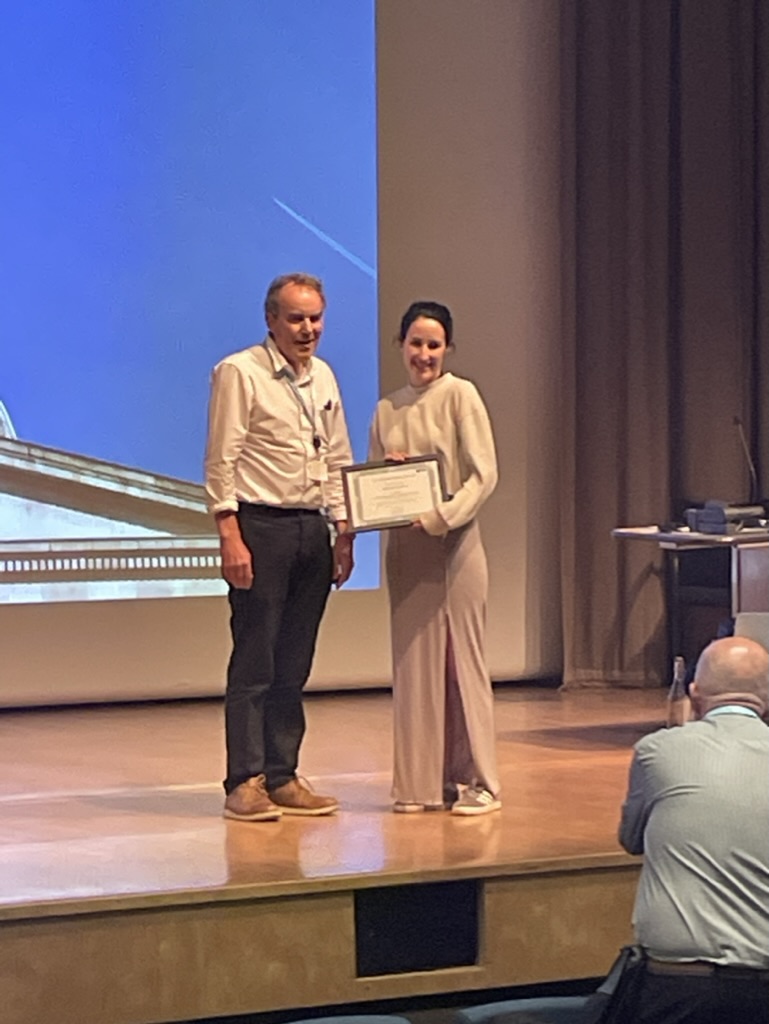
We are thrilled to welcome Candice as the newest post-doctoral fellow to the Salinas lab. Candice earned her PhD in neuropharmacology at the University of Caen, Normandy, in the lab of Prof. Freret (COMETE INSERM/UNICAEN, France), where she investigated the role of 5-HT4R in cognitive disorders and related synaptic plasticity deficits in mice. Following her PhD, Candice held a researcher and lecturer position in Human Physiology and Neurosciences at the University of Caen, where her recent research focused on the impact of gravity changes on time perception in rodents.
Candice shares, “I am excited to continue my scientific journey in the Salinas Lab, exploring the mechanisms underlying the effects of synaptic activity on the Wnt/Fz pathway.”
